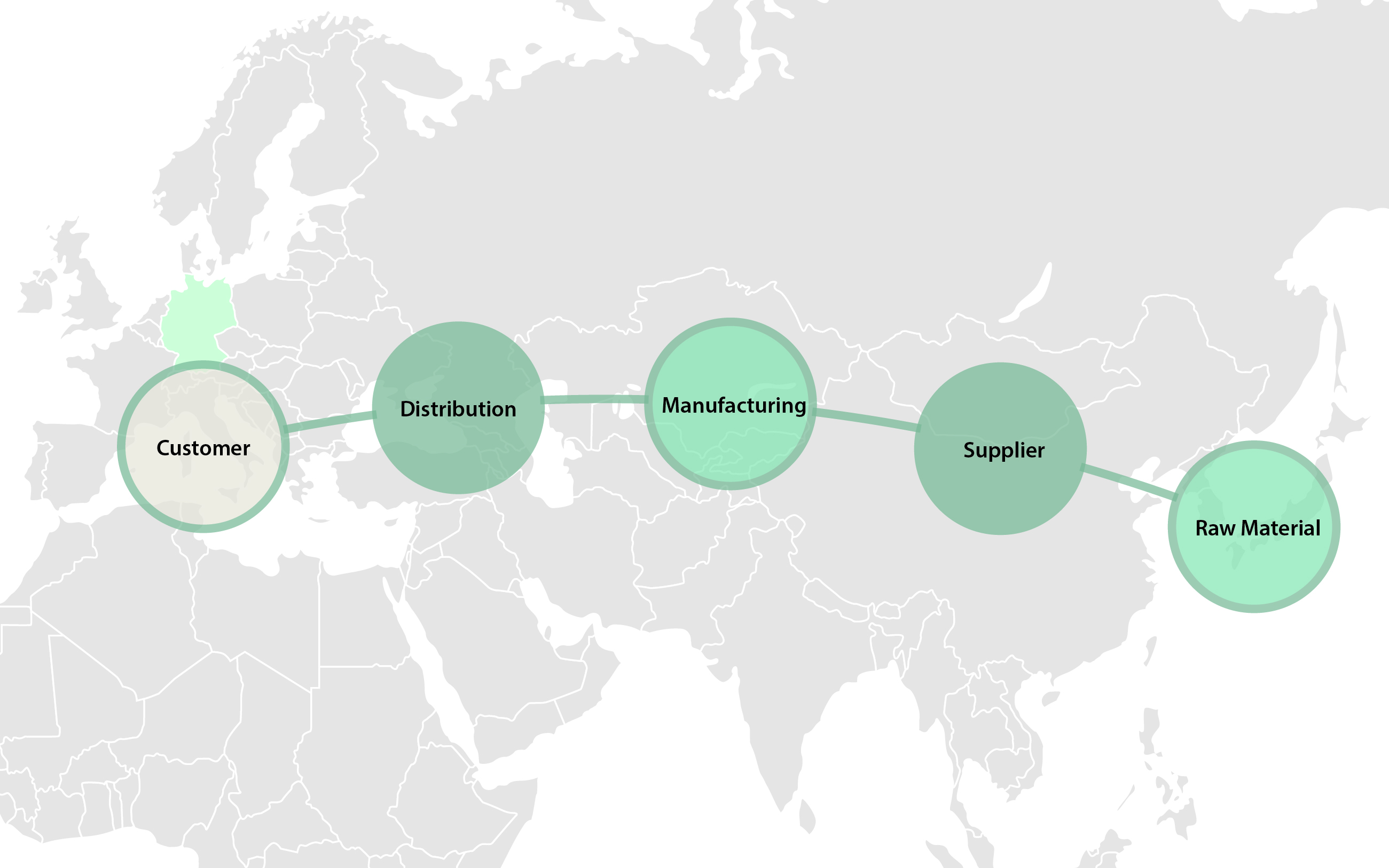Implementation of the Supply Chain Act
Starting in 2024, the Supply Chain Act (German: Lieferkettensorgfaltspflichtengesetz) will further strengthen human rights – with greater fairness, better environmental protection, and more transparency for us all. The new law applies to all German entities purchasing goods and raw materials from abroad. Find out here how Maier Sports will ensure that our clothes are produced under fair working conditions while protecting the environment. As part of the Schwan-STABILO Group, we are required to report on human rights challenges and environmental risks at our suppliers’ and our own production locations from 2024 onward. We continue to follow our creed: Our employees worldwide should work under the same conditions we expect over here.
Our Supply Chain Act FAQ
Our Supply Chain Act FAQ
The first step is to determine the overall situation of the textile industry in the respective country. This can already reveal areas of potential risk, such as China exceeding reasonable working hours or deficiencies in workplace safety in Bangladesh. We have even expanded our criteria and set higher standards than what’s required by the Supply Chain Act. This is particularly true when it comes to fair wages – we require our suppliers to pay a living wage, while the Supply Chain Act considers local minimum wage to be sufficient.
The risk areas are being checked with our suppliers. We’re currently collecting documentation for the areas marked in the chart, which contribute to risk reduction. This includes, among others, audit reports or environmental certificates. In case the risk cannot be minimised after the initial inspection of the facilities, we work together with our production partners to improve the situation on site.
We maintain a relationship of trust thanks to our long-standing relationships, our subsidiary in Turkey and the two Joint Ventures in China. We are convinced that the Supply Chain Act will combine with our long-standing experience to bring many improvements to the people who are part of the production process of our clothes.
You can find more information on our risk management systems and the individual countries in which we produce in our current CSR report which will be published in September 2023.

